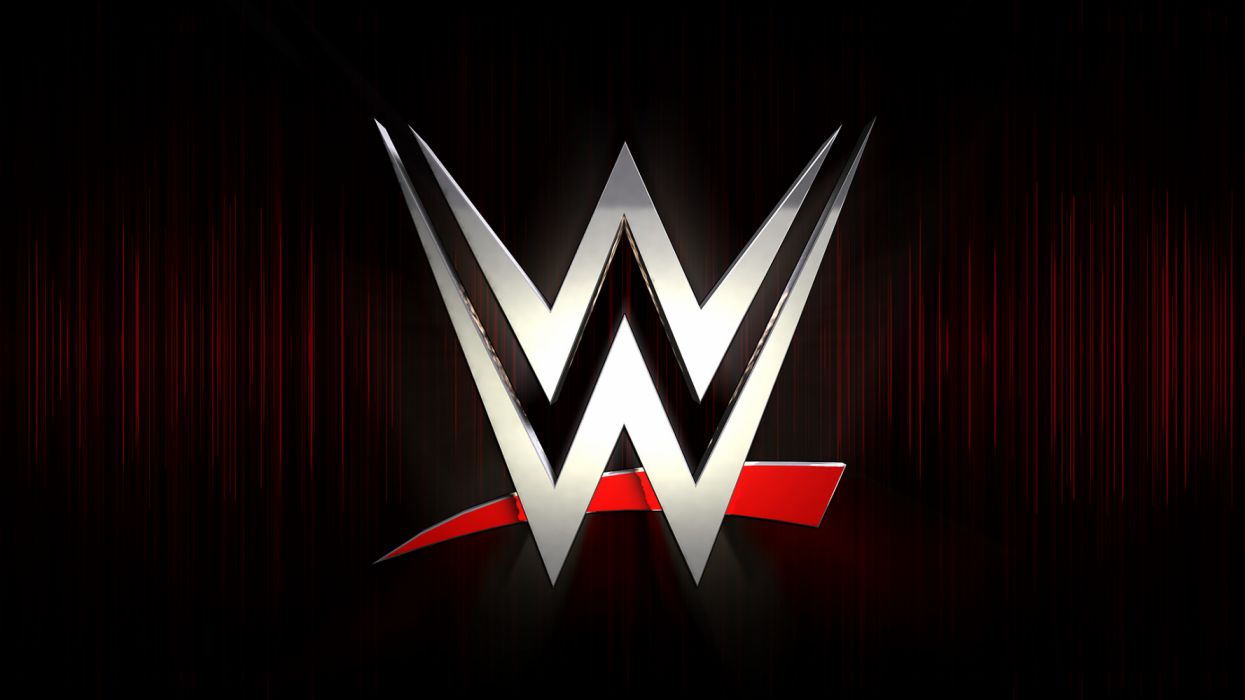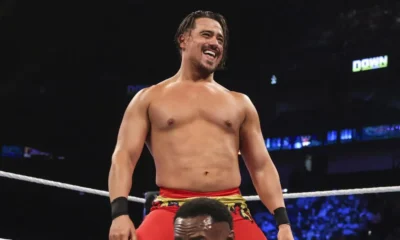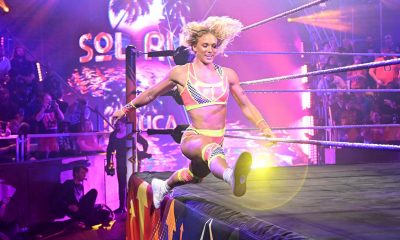3 Key Points
- Lance Storm highlights the issue with lazy pin attempts in wrestling.
- He attributes the trend to Vince McMahon’s emphasis on “hooking the leg.”
- Storm’s diligence has reduced these errors in TNA.
Lance Storm’s Wrestling Expertise
With over 25 years of in-ring experience and numerous backstage roles, Lance Storm is a respected veteran in the pro wrestling community. His vast career includes periods as a wrestler, coach, and producer for various wrestling promotions. A recent interview with Chris Van Vliet revealed Storm’s least favorite aspect of modern wrestling: poorly executed pin attempts.
Pin Attempts: A Wrestling Pet Peeve
During the interview, Storm voiced his frustration over what he sees as a widespread issue — lazy pins. He specifically pointed out how such efforts undermine the realism and integrity of wrestling matches. According to Storm, this is not merely a superficial annoyance but a significant flaw that affects the believability of the sport.
Origin of the Problem
Storm traced the origin of this trend back to Vince McMahon’s insistence on the importance of “hooking the leg” during pins, a directive that has seemingly led to a broader issue within the industry. He described the common and flawed technique where a wrestler does not adequately pin their opponent’s shoulders to the mat, resulting in a visual that lacks authenticity and intensity.
Impact and Mitigation in TNA
Despite the prevalence of this issue across the wrestling landscape, Storm notes that through his persistent efforts in TNA, there has been a notable decrease in such mistakes. His commitment to refining wrestlers’ techniques has improved the quality of matches by emphasizing the importance of convincing and technically sound pins. This not only enhances the viewers’ experience but also preserves the credibility of the competition within the ring.
Conclusively, Lance Storm’s observations and actions reflect a deep dedication to the art and sport of wrestling. By addressing and correcting these pinning malpractices, he contributes significantly to elevating the standard of professional wrestling performances, particularly in TNA. This endeavor not only demonstrates his expertise but also his desire to perpetuate the authenticity and respect for wrestling as a competitive sport.























